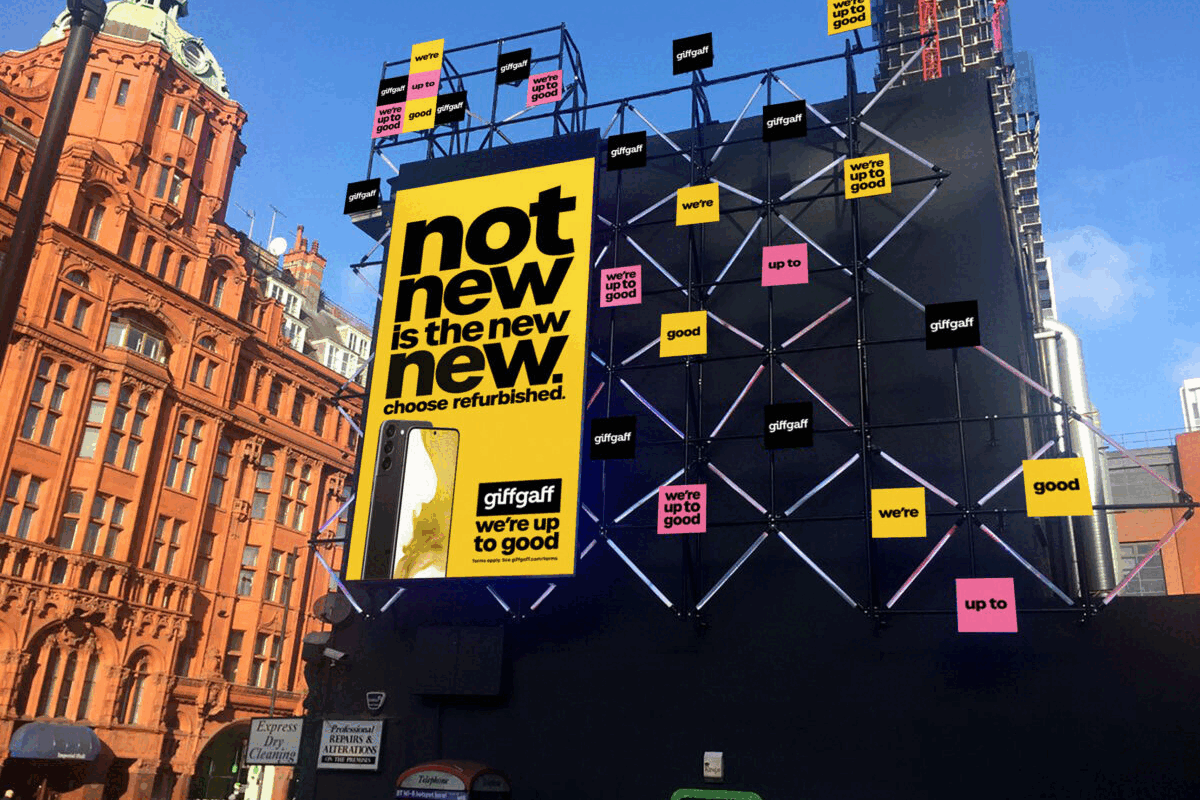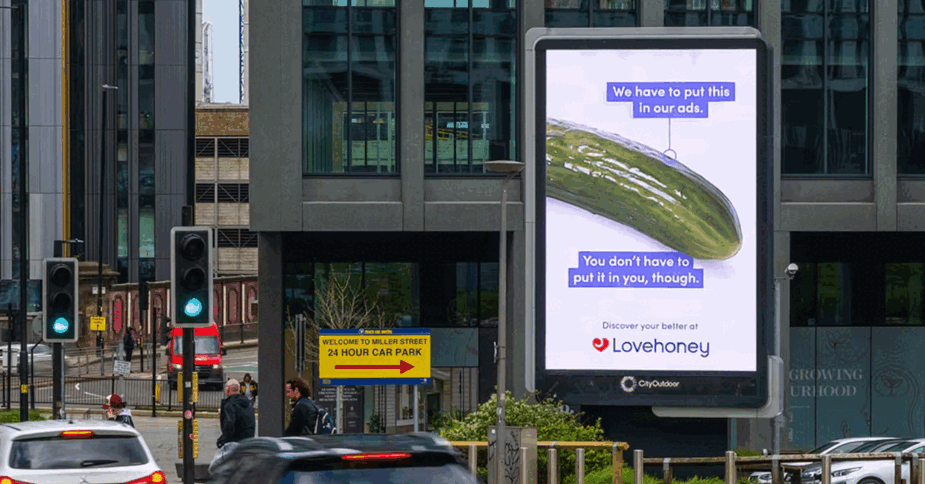Local Search will become a key application for over 30% of mobile phone users by 2013. Thats the conclusion of a new report just published by Juniper Research. The report, Mobile Search & Discovery: Opportunities & Markets, 2008-2013, assesses the current and future potential of mobile search applications and services, forecasting mobile search and associated mobile advertising and data revenues across eight key geographical regions until 2013.
The 190-page study analyses major players in the sector, providing a qualitative detailed outlook from key executives in the industry, including strategies from market leading companies such as Google and Yahoo! In addition, the report explains the changes that are underway in the mobile search market, with the emergence of off-portal and on-device search, exploring the key drivers for the growth of mobile advertising.
The report defines five categories of mobile search; general web search; on-device search; local search; on-portal content search; and off-portal content search, with forecasts for each category, including users, number of searches, cost-per-clickthrough and total number of searches that are ad-supported. It also concentrates on how these developments, along with ad-supported revenues within mobile search, are likely to impact upon the growth of the mobile advertising sector.
The report looks at the current and future size of the mobile search market, and at the key drivers for mobile search adoption. It examines the strategies of Google and Yahoo! within the mobile environment, and considers which regions are likely to see the highest uptake of mobile search. It also looks at how much data revenue mobile operators will generate through search services, and at the impact the deployment of 3G services will have upon mobile search.
The report costs 1,490 for a single-user PDF or hardback copy; 1,990 for a multi-user licence; or 2,990 for an enterprise-wide licence.
You can get more information here. And a free Whitepaper here.

Global mobile and digital marketing information, expert advice and updates straight to your inbox
















